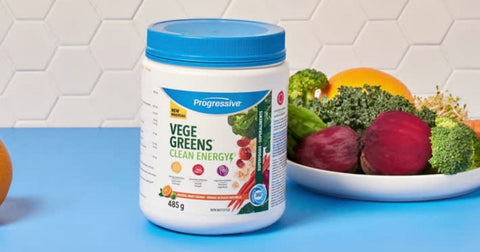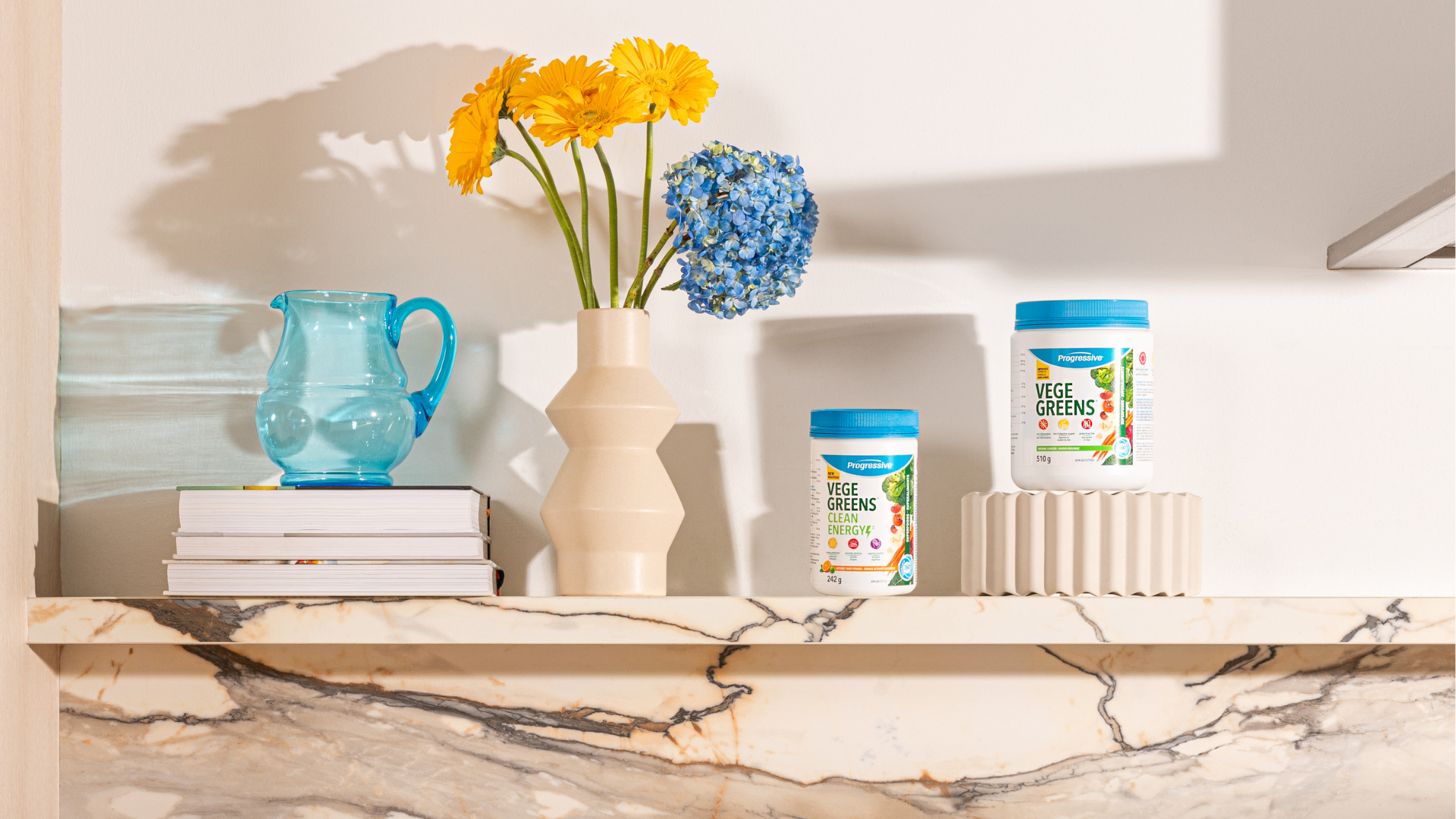Written by Chelsea DeColle, CNP
The concept of foods being nourishing and supportive for the body is not new, BUT there are some foods that have been getting a lot of attention lately for their superpowers. If you guessed superfoods, you are correct! Superfoods are not “new” foods by any means, but our understanding of the benefits they provide our bodies has grown in recent years. So, what is it that gives a superfood its superpower?
Well, let’s start with what a superfood actually is – a highly nutrient-dense food source that provides large amounts of minerals, vitamins, and antioxidants.1 Some examples of superfoods include berries like blueberries, green foods like kale and broccoli, and healthy animal-based proteins like salmon! Each superfood has its own unique set of properties that has a positive effect on our health. The most common theme amongst superfoods is their high antioxidant content.
Antioxidants are compounds that help to combat free radical damage in the body by preventing oxidative stress and damage to our cells.2 We encounter free radicals daily from all aspects of our lifestyles, from stress and alcohol consumption to environmental factors like pollution.3 How do these superfoods and their antioxidant-rich content help your body? Current research suggests that antioxidants may lower chronic disease risk factors through their anti-inflammatory, cardioprotective and neuroprotective effects.4 Cellular damage has been associated with many age-related conditions including heart health, eye health, cognitive health, and inflammation.5,6
Even with the evidence clearly showing us the benefits of choosing foods that increase nutrient and antioxidant support for our bodies, statistics show that only 1 in 10 Canadians are getting adequate amounts of vegetables (one of our main sources of antioxidants) on a daily basis!7 People who do eat more fruits and vegetables regularly may still be lacking adequate nutrient amounts due to the lower nutritional content of foods from conventional farming practices or lack of variety in their diet.
What’s the solution? Try an antioxidant-rich greens or berry powder! Research shows that getting plenty of high-antioxidant foods may raise the antioxidant power of human blood by 10-25%!!8
Progressive offers two products that contain unique superfood blends that provide multiple sources of antioxidants in one scoop, which makes getting your antioxidants even easier!
- VEGEGREENS provides more sources of vegetables than you could eat in a day including trace ingredients that you won’t find in a garden patch, like aquatic greens, chlorella, and dulse. Land veggies include beet root, carrots, and a variety of cruciferous vegetables (think broccoli, cauliflower and Brussels sprouts), providing you with the benefit of these vegetables without having to “eat” the ones you don’t like. With over 60 ingredients and 8 blends of green foods and plant extracts, you can literally drink the rainbow of superfood benefits.
- PHYTOBERRY truly is the whole-body antioxidant, loaded with over 40 high-antioxidant berries and fruit concentrates to support you from head to toe. Combining exotic fruits like goji, acai, mangosteen, and acerola with the power of blueberries and cranberries, this synergistic blend of colourful fruits provides all the unique nutrients and phytochemicals your body needs.
Nourish your body with a daily dose of Progressive superfoods like Vegegreens and Phytoberry to take your antioxidant levels to the NEXT level!
References:
- MediLexicon International. (n.d.). Superfoods: Health benefits, uses, and risks. Medical News Today. Accessed June 7, 2022 at: https://www.medicalnewstoday.com/articles/303079#what_are_superfoods
- Pham-Huy, L. A., He, H., & Pham-Huy, C. (2008). Free radicals, antioxidants in disease and health. International Journal of Biomedical Science: IJBS, 4(2), 89–96.
- Sen, Saikat & Chakraborty, Raja & Sridhar, C & Reddy, YSR & De, Biplab. (2010). Free radicals, antioxidants, Diseases and phytomedicines: Current status and Future prospect. International Journal of Pharmaceutical Sciences Review and Research. 3. 91-100.
- Salehi, B., Mishra, A. P., Nigam, M., Sener, B., Kilic, M., Sharifi-Rad, M., Fokou, P., Martins, N., & Sharifi-Rad, J. (2018). Resveratrol: A Double-Edged Sword in Health Benefits. Biomedicines, 6(3), 91. https://doi.org/10.3390/biomedicines6030091
- Liguori, I., Russo, G., Curcio, F., Bulli, G., Aran, L., Della-Morte, D., Gargiulo, G., … & Abete, P. (2018). Oxidative stress, aging, and diseases. Clinical Interventions in Aging, 13, 757–772.
- Forni, C., Facchiano, F., Bartoli, M., Pieretti, S., Facchiano, A., D’Arcangelo, D., Norelli, S., … & Jadeja, R. N. (2019). Beneficial role of phytochemicals on oxidative stress and age-related diseases.
- Centers for Disease Control and Prevention. (2021, February 16). Only 1 in 10 adults get enough fruits or vegetables. Centers for Disease Control and Prevention. Retrieved February 10, 2022, from https://www.cdc.gov/nccdphp/dnpao/division-information/media-tools/adults-fruits-vegetables.html
- McBride, J. (1999). USDA. Agricultural Research Service. High-ORAC Foods May Slow Aging. Accessed June 23, 2020. https://www.ars.usda.gov/news-events/news/research-news/1999/high-orac-foods-may-slow-aging/




